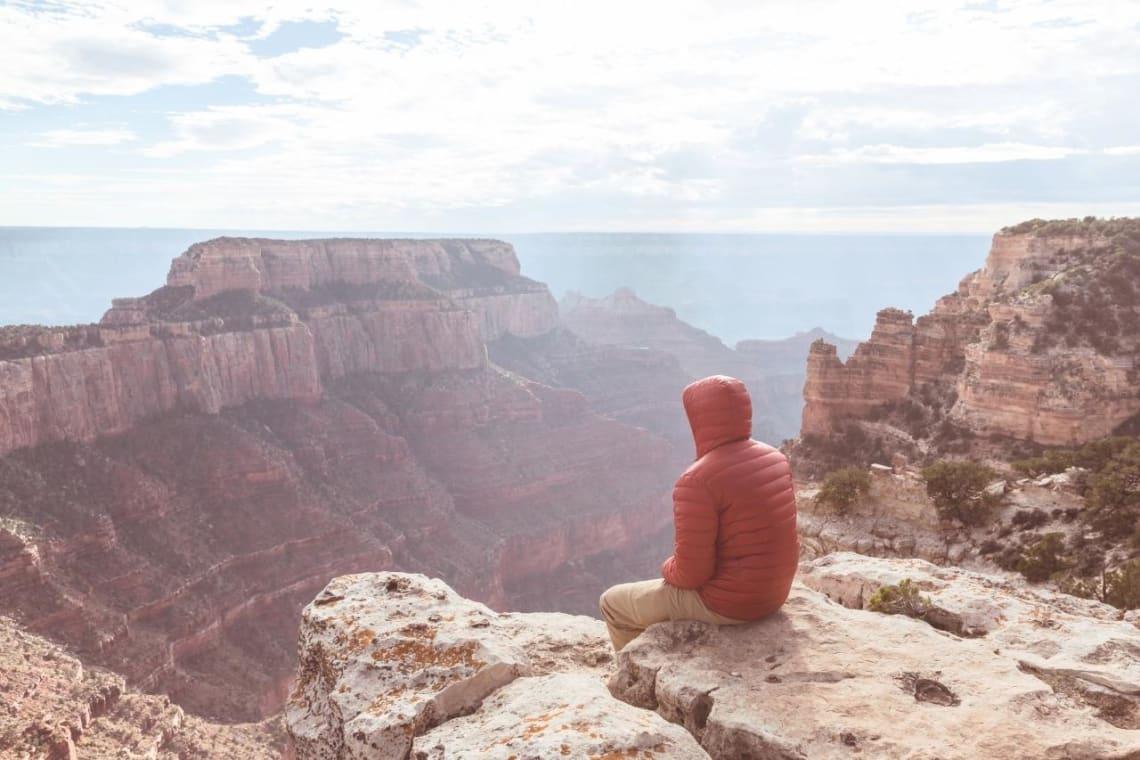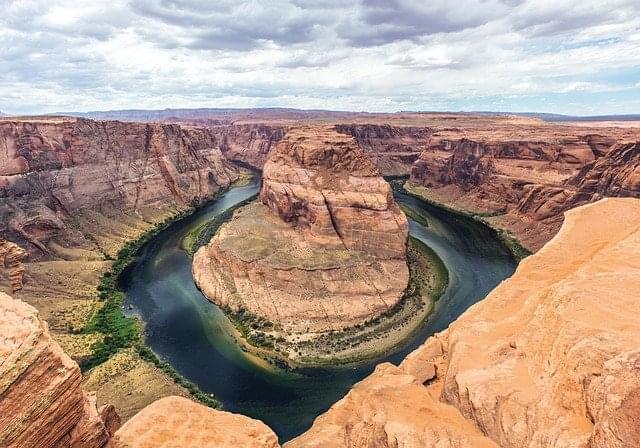What do American lobsters, right whales and consumers' shopping baskets have to do with each other? The answer lies in the fishing industry. To catch crustaceans, fishermen use either gillnets suspended vertically in the water column, or traps set on the seabed and attached by long ropes, which are also vertical.
⋙ Ocean: over 200 scientists rally to ban destructive fishing in marine protected areas
While the traps themselves pose no particular problem, the ropes and nets are terrible traps for whales. Cetaceans become entangled in these lines, which cut deep into their flesh, causing serious injuries - while also hindering their movements and feeding. In some cases, this can lead to the death of the animals.
Whale migration, littered with fishing gear
The migration route of North Atlantic right whales - from their calving grounds in Florida to their feeding grounds in Canada - is littered with a million fishing lines associated with traps, 622,000 of which are in American waters.
A veritable minefield, to be crossed at their peril... Not to mention the risk of collision with ships, which, along with fishing, represents the other major threat to the survival of these peaceful giants.
More than 8 out of 10 North Atlantic right whales have been victims of entanglement at least once in their lives. The species, classified as "critically endangered" by the International Union for Conservation of Nature (IUCN), numbers fewer than 340 individuals in total. And their numbers have even fallen by 28% over the last decade.
⋙ Who is the North Atlantic right whale, the most endangered whale in the world?
American lobster fishing poses such a threat to these marine mammals that the Monterey Bay Aquarium - a visitor attraction and scientific institute in California - has decided to label shellfish caught in the United States as "to be avoided" in its responsible consumption guide to seafood.
"Bycatch management is deemed ineffective for all (American lobster) trap and set gillnetfisheries operating in the North Atlantic right whale range, as current management measures do not go far enough to mitigate the risks of entanglement and promote the recovery of the species", states the guide in its online leaflet.
This symbolic decision follows a federal court ruling in June . The court ruled that the US National Oceanic and Atmospheric Administration (NOAA) had violated both the Endangered Species Act and the Marine Mammal Protection Act by failing to rapidly reduce the impact of lobster fishing on the right whale.
The American authorities implicated
"Every vertical fishing line and gillnet is a threat to the remaining whales, who face the risk of entanglement every day", confirms Gib Brogan, campaign director of the environmental NGO Oceana, quoted by the Guardian.
Although the new classification of American lobsters is for information purposes only and is not binding, it could nevertheless have a serious impact on the US fishing economy: the industry based on this crustacean is worth around 500 million dollars a year.
⋙ Cheddar, a very rare orange lobster rescued from a restaurant kitchen
"It is regrettable that the government's failure to update measures to protect North Atlantic right whales is having such serious consequences for these [lobster] fisheries," laments the Oceana spokesperson.
According to the NGO, it is not so much the fishermen themselves who are at fault, but the authorities, in particular NOAAFisheries, which should have limited the number of gillnets and traps in areas where right whales are present, and above all, encouraged alternative methods of fishing without ropes - already used in Canada, for example.
Canada, an example of whale protection?
Canada could serve as an example to its neighbour to the south, having closed fishing zones when right whales are present, while working with fishermen to encourage them to use less dangerous devices - such as ropes that break more easily if they come into contact with cetaceans.
All these measures have enabled the maple leaf country to boast, for the third year running, that no right whales have died in its national waters, according to an official statement quoted by the Guardian.
⋙ New no-rope fishing technology tested in Canada to save whales
On the American side, NOAA Fisheries nevertheless published a regulation in September 2021 aimed at reducing whale entanglement, which came into force in May this year, before proposing a few weeks ago to strengthen protection measures even further (7/2022). But too late, it seems, to reassure environmentalists.
In the meantime, American consumers are likely - quite rightly - to shun their traditional"lobster roll" (lobster sandwich)... unless they turn to shellfish caught outside their maritime borders.
Related articles

New River Gorge: the United States creates its 63rd national park in West Virginia

United States: a spectacular Great West

10 of the best National Parks in the USA

Arizona, USA: where is it, when to go and what to see

Sightseeing Southwest USA: 18 beautiful places you must see [with map].
11 best restaurants in Philadelphia you absolutely must try (Pennsylvania)